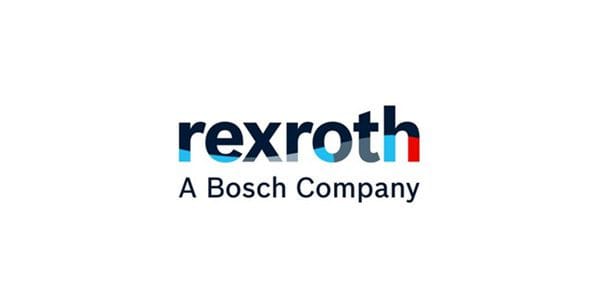![BigRep has made a BigDeal with Rexroth [Source: BigRep]](https://fabbaloo.com/wp-content/uploads/2020/05/image-asset_img_5eb0a6066d38e.jpg)
Berlin-based BigRep announced a relationship with Bosch Rexroth to allow their 3D printers to work within industrial production operations.
BigRep, founded in 2014, is a company that provides large-scale 3D printers using the filament extrusion process. They’ve been quite successful in this niche, as they’ve been able to identify a number of interesting use cases for their larger 3D printing equipment.
Typically their clients use the large size capability for producing prototypes of large objects that would otherwise be expensive and lengthy to produce. Faster prototyping often leads to better production products. For example, one of BigRep’s customers used their equipment to produce life-size bathtub prototypes and tested them with their clients at trade shows before committing to the huge expense of setting up a production line.
While that is clearly a powerful business case, there are limits. The current BigRep equipment, like in much of the 3D printing world, is essentially a standalone device. That’s one reason why the technology is often found in prototyping rather than production: modern production systems are highly integrated assemblies of multiple pieces of equipment, able to produce desired products in the most efficient manner.
That is a very difficult environment to attempt integration of a standalone device, which by definition would require manual intervention, where parts being made would be essentially taken out of the “system” and then re-introduced through the manufacturing cycle. Standalone machines don’t integrate well.
Now that could all change with the arrangement with Rexroth. This company produces high-end controllers for production CNC equipment, of which 3D printers are a subset. Their comments will theoretically allow BigRep’s gear to be considered as an integrated part of a production line.
BigRep explains:
“For the first time, 3D printers by BigRep will be equipped with state-of-art CNC control systems and drives by Bosch Rexroth, firmly establishing Additive Manufacturing as a key industry 4.0 application in industrial production technology.”
I believe this to be a major step for BigRep, as there are very few, if any, 3D printers currently capable of integrating with modern manufacturing systems. However, I do know that several companies, such as Stratasys, are deeply exploring the ability to do so.
A move to production environments could be very significant, as the market for production equipment is vastly larger than that of prototypes. Instead of selling one or two machines to a product development lab, for example, they may sell dozens of machines for a production line. You get the idea.
Obtaining this capability would enable potential BigRep buyers to “tick off” that requirement when considering purchasing 3D printer equipment. There are few other 3D printer suppliers that have that ability, thus opening up a market with few competitors for BigRep.
Their equipment makes sense for manufacturing as well, simply due to its size. Manufacturers of larger plastic objects may now consider using BigRep technology.
This move is certainly not without challenges. One of them will surely be the choice of materials, as the materials BigRep has largely been using up to now are suitable for prototyping and less so for some production uses. I expect BigRep to address that issue in coming months.
BigRep says:
“By combining the experts in drive and control technologies with the experts in large-scale 3D printing, the additive industry will see faster and more cost-efficient creation of models, patterns, prototypes, tools and end-use products. BigRep and Bosch Rexroth are committed to reshaping manufacturing.”
An opportunity for BigRep will be to convince manufacturers to consider designs not previously possible, as new geometries are achievable with 3D printing technology. This will likely take many years, as product designers will have to become accustomed to the technology and use their imagination to leverage the possibilities.
Via BigRep











